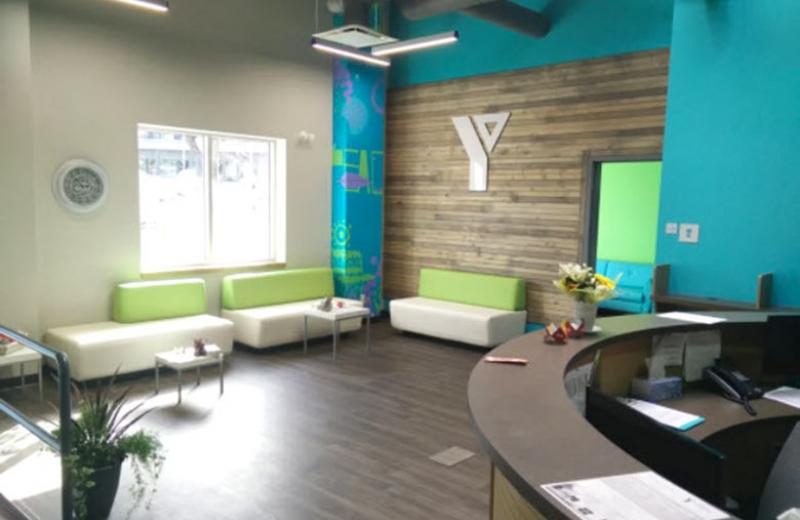(Interview with Josh Van Der Meer, Youth Mental Health and Addictions Councillor, Northern Health)
A place where youth can access health and wellness services
In any successful community, it’s important to take care of all populations, including our youth. That’s why I was so excited to sit down with Josh Van Der Meer, Youth Mental Health and Addictions Councillor, to learn more about a new service in Northern BC; Foundry Prince George. This is a place where any youth in the community, or their families, can find quick and easy access to the help they need, when they need it. Foundry transforms how mental health and substance use services are delivered, providing early intervention, in the form of resources, info, and support to youth between the ages of 12 and 24. Van Der Meer helped share some more info with me about this exciting new initiative.
Where/why did the idea of Foundry come from? Were there recognized needs in the community?
Foundry piloted in downtown Vancouver. From its success in the lower mainland, more Foundry’s began to pop up around BC, and fast forward to fall 2017, Foundry Prince George was established.
Largely, the concept was an effort to fill the obvious gap that had been recognized for mental health services for youth in communities. A young person’s life is always changing, and having a place they can receive mental health support and a variety of other services is important.
What’s the most frequently used service at Foundry?
Although we have a variety of services available, our mental health information and services have been the most used – which is awesome. Mental health has been such a taboo subject in the past, and to have young people of all ages and ethnicities come in and talk to our team members… it’s pretty special.
A reason our mental services are so popular is because of their accessibility. If someone walks in through our doors, there’s no scheduling for an appointment later - you’re going to see a mental health professional that day, and probably within a few minutes.
When a person discusses what’s bothering them emotionally, it usually makes for a deep conversation, which in turn gives the support person an opportunity for a rich assessment. This assessment leads to a plan for next steps: whether that’s coming in for another discussion, or directing to resources from other health services.
What does a healthy relationship mean to Foundry, and what does Foundry do to help make this happen (staff approach, mindset, etc.)?
To us at Foundry Prince George, a healthy relationship is when people come together and get the support they need. We have the opportunity here to connect young people to professionals, giving them access to exactly that, including bringing in families as well (if needed and requested). We understand that the mental and physical needs of young people don’t stop at 18 years old, and we can be the gateway to better health and wellness for them as they transition into adulthood.
Services offered at Foundry
- Primary care services (health care)
- Sexual health services
- Mental health information and services
- Substance use information and services
- Family involvement worker
- Groups (to be developed in 2018)
- Housing support
- Employment information and support
- Education information and support
What makes Foundry unique or different from similar facilities?
The difference here at Foundry is that youth can get access to a huge variety of health and wellness services all in one place, almost immediately. If we don’t have the particular service the person requires, our staff does they best they can to find out where it is and how the client can get it.
Foundry is also unique in the fact that it’s the product of an awesome group of community partners, and the cooperation between several health and wellness agencies.
Favourite part about Foundry?
My favourite part about working at Foundry is that I’m the first person who gets to help people that come in. When a young person first comes in for mental health services, they’re nervous, they’re not sure, they’re scared sometimes. Opening up and speaking to a mental health professional often takes those feelings away, like a weight off their chest.
When I see that sort of relief on someone’s face at the end of a session, and they’re thankful and relaxed… I know they have left with something. And that’s pretty special.
This article was first published in the Winter 2018 issue of Healthier You magazine.














Comments